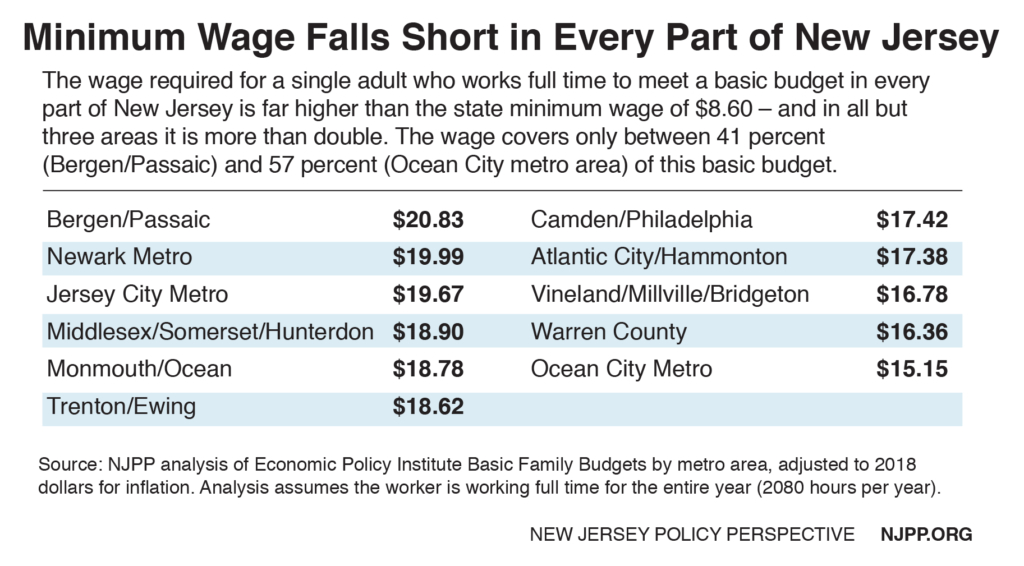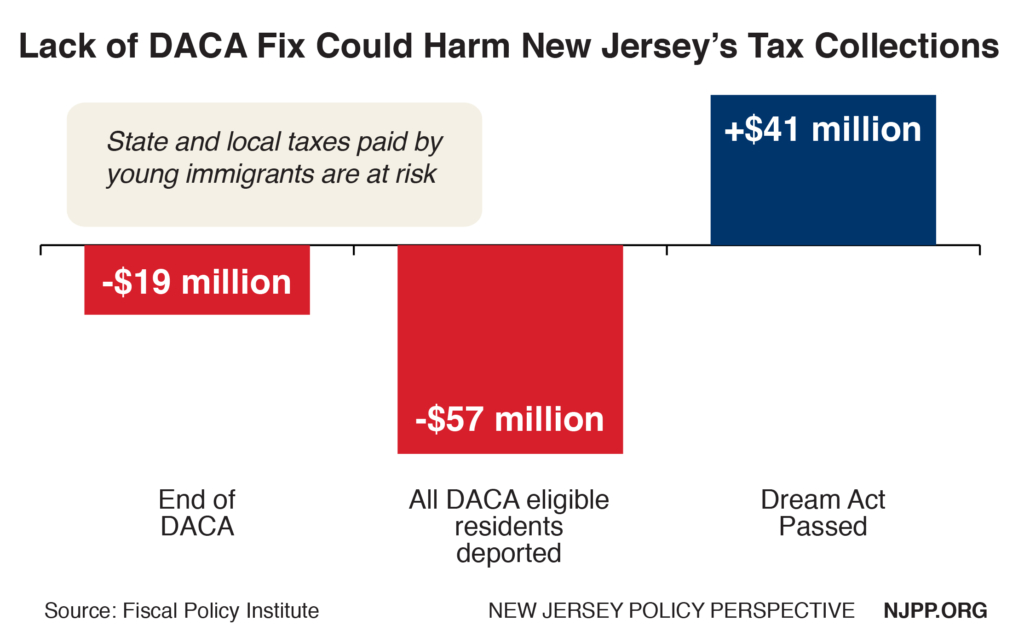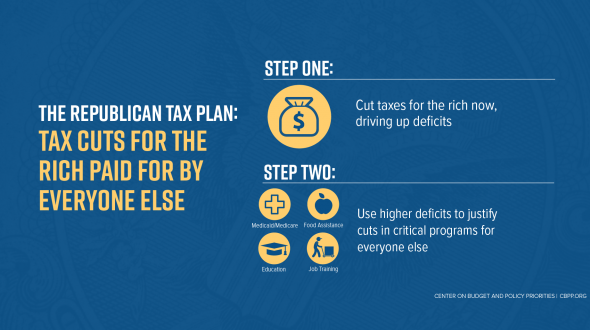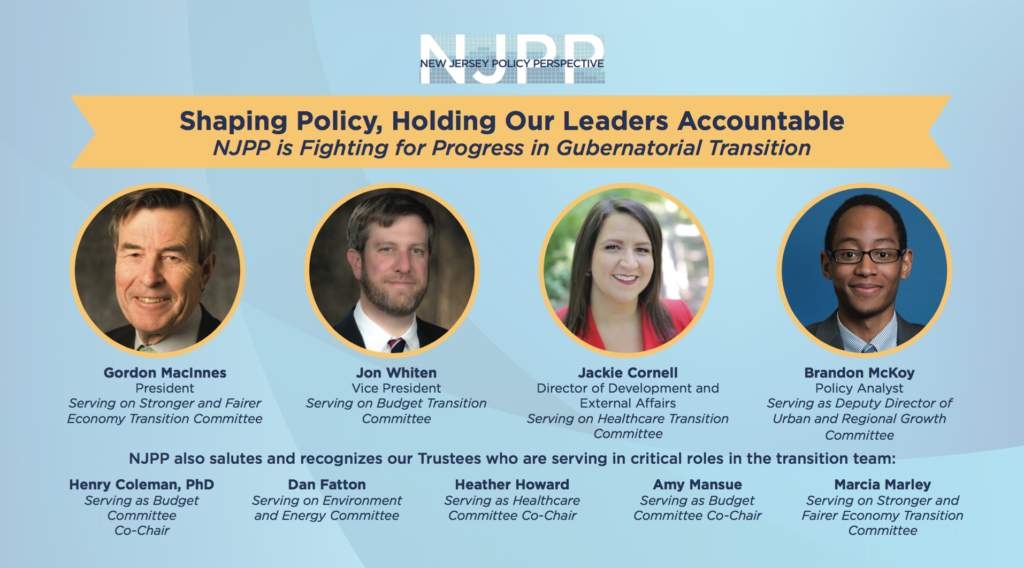In a final salvo just days before leaving office, the Christie administration last week released a misleading report that cherry-picks data to “warn” the incoming Murphy administration against cleaning up New Jersey’s tax code while raising the resources required to build a stronger state economy.
The report is the latest in a long line of flawed “studies” that purport to show two things: First, that the outflow of people and income from New Jersey is at a crisis level, and, second, that this outflow is due to the state’s relatively progressive tax structure (overall, New Jersey’s state and local tax code is actually regressive, in that the poorest in the state pay the greatest share of their income to taxes, but it is less so than in many other states).
Like similar reports that came before it, this new Treasury report misuses a set of data from the Internal Revenue Services’ Statistics of Income (SOI). The author either did not take the time to read the SOI user guide – which cautions against misinterpreting the data – or deliberately ignored it. The IRS clearly states that the SOI migration data is not an accurate way to measure “migration of money.” There are multiple reasons for this, including the fact that the Adjusted Gross Income data reflects income after the taxpayer moved out of state – not before he/she left the state. Thus AGI data cannot be accurately tied to New Jersey or be considered an outflow of money. Anyone using the data this way is either woefully unaware or willingly deceitful. Either way, the report loses all credibility on this point alone.
This report is a not-so-veiled attempt to delegitimize the importance of fair taxation’s role in helping New Jersey grow and prosper by using revenue to invest in things like mass transit, higher education, clean water and public safety. Presented with the proper context, these facts tell a very different story than the one being peddled by the Office of the Chief Economist.
- The supposed “loss” of $35 billion described in the report is a big, scary number. But in reality, it is barely a rounding error when put into context of over $6 trillion total household income generated in New Jersey from 1993 to 2016.
- New Jersey raised an average $1 billion in new annual revenue right out of the gate when it introduced a new top income tax rate of 8.97 percent in 2004. Despite the tax flight fearmongering, no state has ever lost revenue by ensuring that the state’s wealthiest families pay their fair share. And what little revenue is lost due to those taxpayers who chose to move elsewhere is neither statistically, nor socioeconomically, significant.
- New Jersey should not be in the business of crafting tax policy tailored to benefit the wealthiest given the fact that New Jersey’s state and local tax code is already upside down, favoring those who make over $200,000.
- The state continues to gain millionaires and has a higher share of them than all but three states – this growth has occurred during a time that state income tax rates on wealthy households were raised twice, and has been healthy despite the Great Recession.




